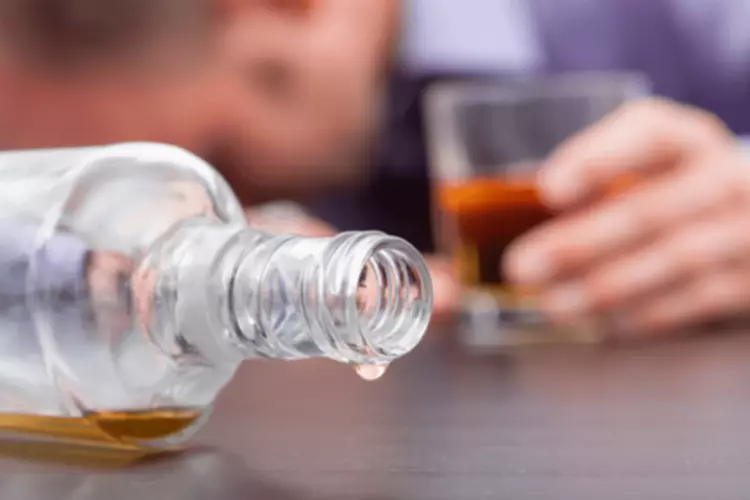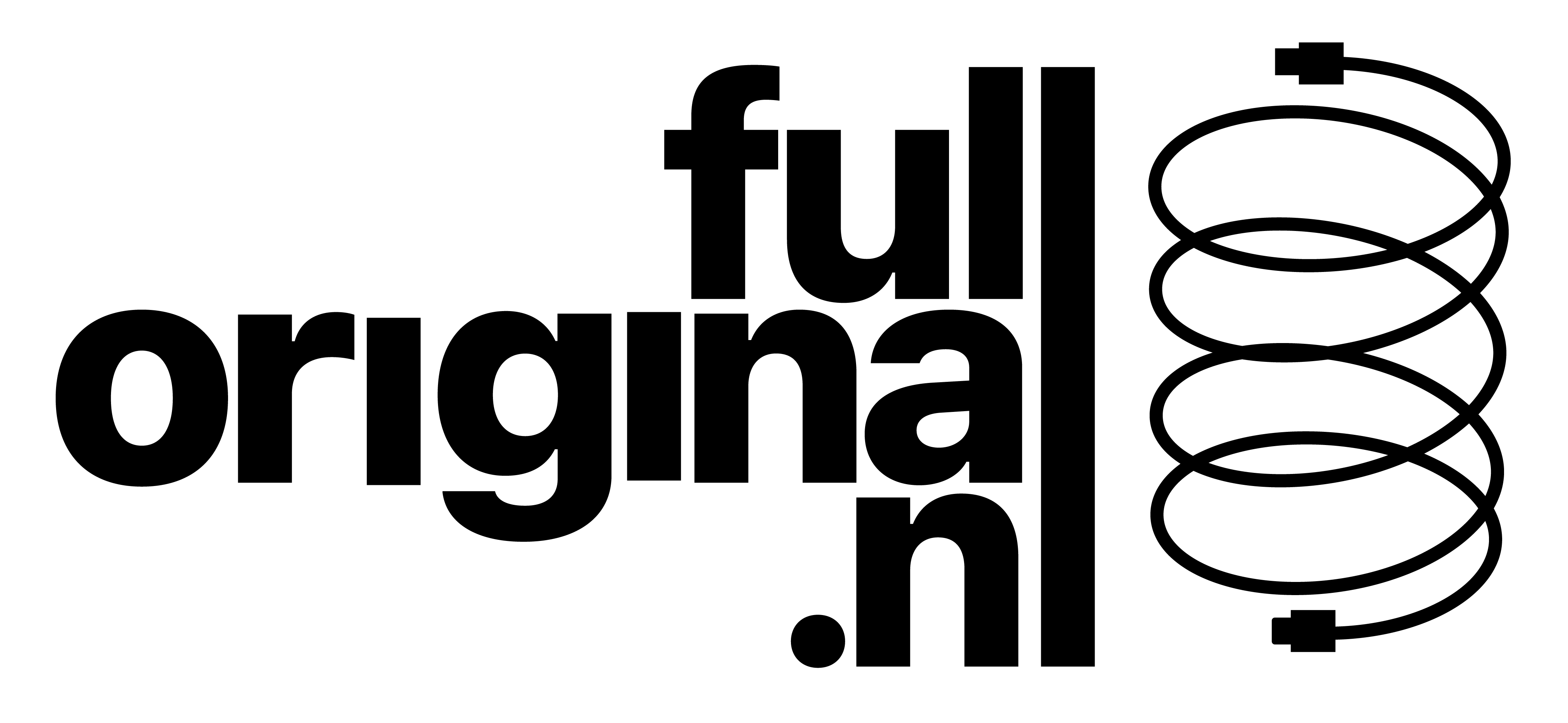- Certified phone accessories store
- 0616818330
- info@fulloriginal.nl
The Twelve Steps Alcoholics Anonymous
- Home
- Sober living
- The Twelve Steps Alcoholics Anonymous
New research suggests the risks of even moderate or light drinking may outweigh the benefits. In June, the World Health Organization said that no level of alcohol consumption is safe for our health. And a new study funded by the National Institutes of Health found that binge drinking among adults ages 35 to 50 has reached historic levels. MARR Addiction Treatment Centers specialize in treating individuals whose lives have been destroyed by addiction.

Examples of Powerlessness In Sobriety List
By recognizing and embracing these examples of powerlessness in sobriety, individuals can navigate their recovery journey with a greater sense of self-awareness, humility, and resilience. In sobriety, accepting limitations and vulnerability is an essential aspect of embracing powerlessness. Addiction can create a false sense of invincibility, leading individuals to believe they are immune to consequences and can handle any situation. However, the reality is that addiction makes individuals vulnerable and exposes their limitations. Accepting these limitations and acknowledging vulnerability is a powerful step towards personal growth and recovery. It involves recognizing the need for support, seeking help when necessary, and understanding that it’s okay to ask for assistance.
What Does It Mean to Be Powerless Over Alcohol and Other Drugs?
Why Americans Feel So Powerless. What a Powerless Society Really Is, And… by umair haque – Eudaimonia and Co
Why Americans Feel So Powerless. What a Powerless Society Really Is, And… by umair haque.
Posted: Mon, 14 Feb 2022 08:00:00 GMT [source]
By accepting powerlessness, individuals open themselves up to the possibility of transformation and growth. Admitting powerlessness means we can’t control our substance abuse. We might be able to stave off our abuse from time to time, but we start drinking or using drugs again sooner than later. As the definition says, we lack the authority or capacity to stop. You may view alcoholism as a weakness of your character or will, but this view may hinder your ability to accept you have an alcohol use disorder.
How to Complete Step 1 of AA
In addition to support groups, individual therapy or counseling can provide a confidential and supportive environment for exploring feelings of powerlessness and developing coping strategies. Therapists examples of powerlessness over alcohol can offer guidance, tools, and insights to help individuals navigate the challenges of recovery. Too much alcohol affects your speech, muscle coordination and vital centers of your brain.
Tips for Starting and Working Step 1 of AA

When you start your path in recovery, you’re likely to find that your life is a bit unmanageable. Please don’t feel the need to surrender when you begin; this is an ongoing process, and it might take time to cope with everything that’s happening. Alcohol use disorder is a pattern of alcohol use that involves problems controlling your drinking, being preoccupied with alcohol or continuing to use alcohol even when it causes problems. This disorder also involves having to drink more to get the same effect or having withdrawal symptoms when you rapidly decrease or stop drinking.

What is considered 1 drink?
- Are you ready to achieve liberation and strength over your destructive drinking habits?
- Our hope is merely to capture the spirit of the fellowships, and to approach people with the language they commonly use to describe the disease of addiction.
- The First Step does not say that you are powerless over your actions, your decisions, or your relationships; it says that you are powerless over alcohol/drugs.
- Taking this first step and admitting you are struggling with alcohol misuse can be difficult, but it is the foundation of all positive change according to AA.
- As the definition says, we lack the authority or capacity to stop.
But the terminal stages of addiction will strip everything away, and an addicted person who refuses to recover will often be left with nothing. Alcohol use disorder can include periods of being drunk (alcohol intoxication) and symptoms of withdrawal. Completing Step 1 of Alcoholics Anonymous can look different for everyone. It may include tasks such as speaking at an AA meeting, telling someone if you feel like drinking, working with a counselor, getting an AA sponsor, and/or telling someone if you do drink. It’s important to point out that even mild alcoholism can progress in severity, which is why seeking treatment early is important. Throughout history, alcohol has played a significant role in different cultures around the world.
Because the journey to sobriety is full of forward steps and backward ones, it may be necessary for some people to return to this step multiple times. The path to recovery is rarely a straight line, but a series of twists and turns. You may be powerless over the effects of substance abuse, but choosing to be better every day is where that power returns. It is admittedly off-putting to think of yourself as “powerless.” Many people see asking for help to overcome a particular struggle as a sign of personal failure. This pervasive stigma is a big reason why seeking help for substance abuse, or even admitting you struggle with substance abuse, is so hard. Embracing powerlessness allows individuals to cultivate resilience, humility, trust, and surrender.
It frees up mental and emotional energy that can be redirected towards seeking support, developing healthier coping mechanisms, and making positive changes in their lives. Most recovering addicts, especially those who attend the 12-step program, are pretty familiar with the concept of powerlessness. After all, helplessness isn’t a concept that solely applies to addiction, although it might be the first step to recovery and sobriety. Addiction treatment centers discuss the concept of powerlessness in therapy to help people recover. Dr. Harrison serves as the Chief Medical Officer for Eleanor Health with more than 15 years experience practicing medicine. She is a double-board certified physician with specialties in general adult psychiatry and addiction medicine.
- If you answer yes to even one or two of these questions, Lin recommends speaking to your primary care physician or seeing an addiction specialist.
- Individuals who depend on a substance cannot focus on other tasks and are consumed with their next meeting time with the particular substance.
- Embracing powerlessness in sobriety may seem counterintuitive, but it can lead to profound personal growth and transformation.
This step of accepting powerlessness from the 12-Step process of recovery essentially highlights the power of drugs and alcohol over our lives. Few people intend to destroy their lives and relationships by drinking or doing drugs, but that is what can happen with addiction. These substances literally rewire brain function, making the need to satisfy a craving take prominence over everything else in life–regardless of the consequences. The AA first step, admitting powerlessness and acknowledging the unmanageability your addiction brings, is a crucial leap toward lasting recovery. It’s a moment of profound self-realization and humility, opening the door to hope, healing and transformation.

